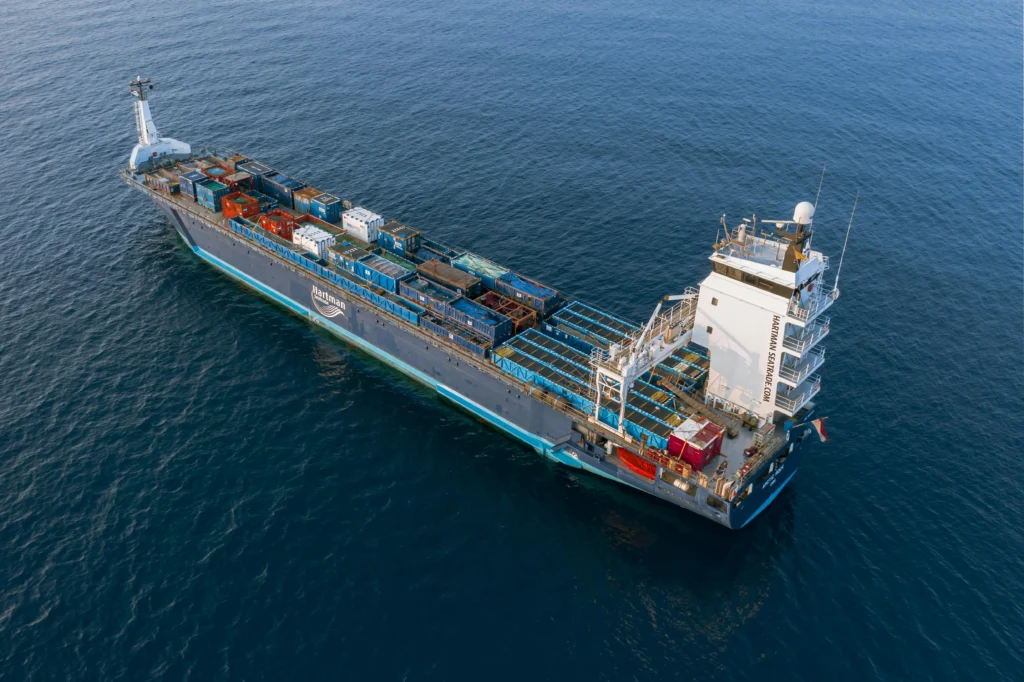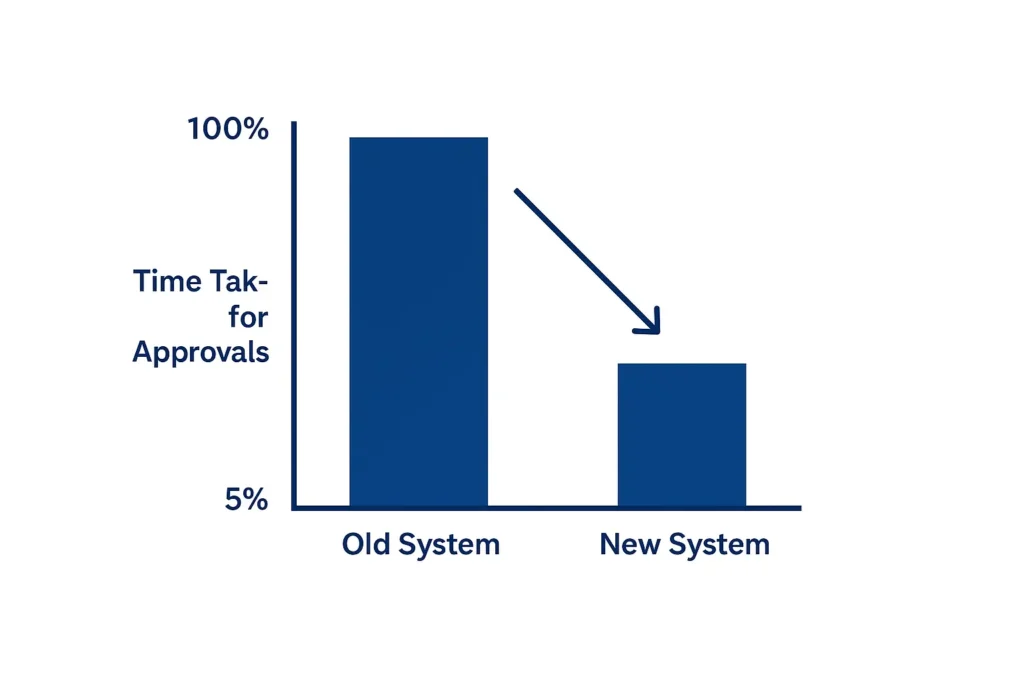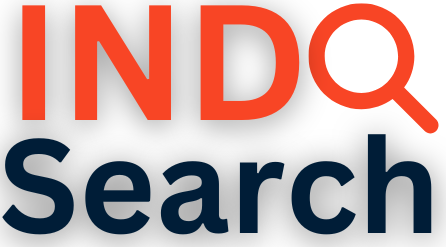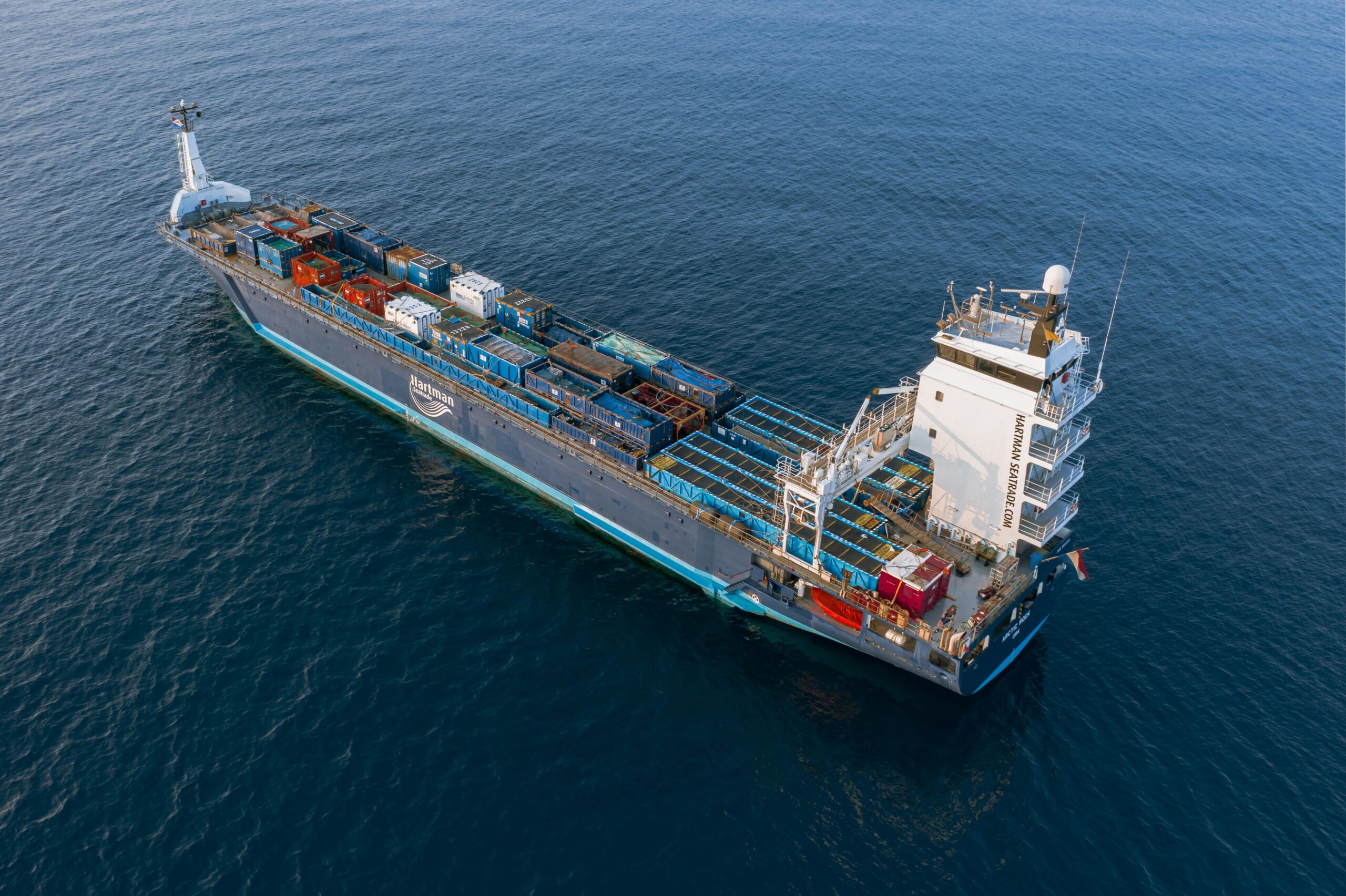In recent years, India’s maritime sector has undergone a digital transformation, replacing cumbersome manual processes with fast, transparent, and accountable systems. The Directorate General of Shipping (DGS) has introduced a range of e-governance platforms, supported by regulatory circulars, to ensure compliance across recruitment agencies, seafarer welfare, and ship management.

Platforms like Indosearch play an important role in helping maritime businesses and professionals navigate these regulatory updates with ease.
Why Key Circulars Matter
Circulars issued by the DGS serve as official instructions or clarifications to stakeholders. They:
- Ensure uniform interpretation of maritime laws.
- Keep recruitment and ship management practices transparent.
- Mandate the use of e-platforms to curb fraud and delays.
By integrating e-governance systems, these circulars have shifted compliance from paper files to automated online records, making audits and approvals quicker.
Old vs. New: A Quick Comparison

Below is a table showing how traditional practices have evolved with new systems and circulars:
| Aspect | Old System (Manual) | New E-Governance System |
| Circular Distribution | Printed copies sent physically | Instant online publication on DGS website |
| Compliance Tracking | Manual inspections, prone to delays | Real-time dashboards and online verification |
| Recruitment Agency Approvals | Physical RPSL license processing | Online application via e-governance portal |
| Medical Examination Records | Paper-based verification of doctors | Digital empanelment via systems like Doctors Panel |
| Audit Processes | On-site checks with lengthy documentation | Streamlined audits using secure digital uploads |
Major Circulars Driving the Change
- DGS Circular 07/2017 – Introduced e-manning system to monitor seafarer employment and reduce fraudulent contracts.
- DGS Order 04/2018 – Mandated online issuance of Continuous Discharge Certificates (CDC).
- DGS Circular 19/2020 – Integrated electronic medical fitness certification to prevent forged reports.
- DGS Circular 14/2022 – Digital compliance checks for RPSL license renewal.
- Latest 2025 Circulars – Focus on end-to-end digitization for audits, welfare schemes, and shipboard inspections.
These updates are accessible through the official DG Shipping portal.
Benefits of E-Governance in Maritime Sector
- Transparency: Eliminates middlemen and unauthorized agents.
- Speed: Online approvals save weeks compared to manual file handling.
- Accountability: Every action leaves a digital trail, easing audits.
- Data Security: Centralized storage of compliance records reduces loss or tampering.
- Global Recognition: Aligns Indian maritime administration with international best practices.
Recruitment agencies can now apply for RPSL licensing and renewals without visiting government offices. Similarly, ship managers can track audits online, while seafarers get verified employment records and welfare support seamlessly.
Conclusion
The maritime industry’s shift to e-governance systems backed by key regulatory circulars has been a game changer. By replacing outdated manual methods with robust online platforms, India has improved compliance, enhanced transparency, and aligned itself with international maritime standards. Stakeholders—recruitment agencies, ship owners, seafarers, and medical examiners—now benefit from streamlined, trustworthy processes that save both time and cost.

